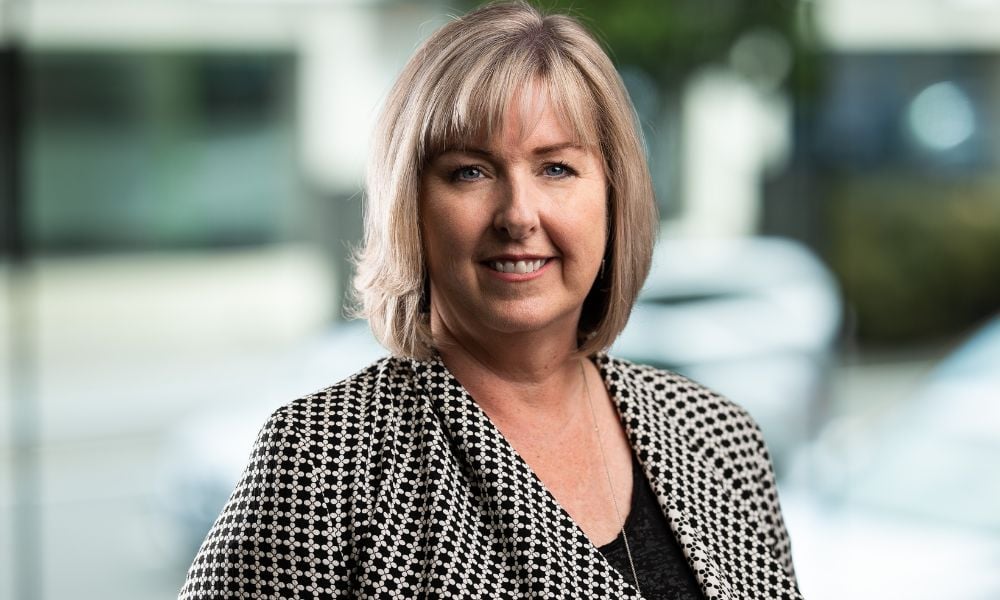
How developmental leadership changed her career trajectory and why it's still important to her today

Monica Ayers has had some big projects cross her desk in her short time as chief people officer at NZ Post (NZP). Starting in the role just nine months before Auckland was thrust into a 107-day lockdown and working through collective negotiations to lift wages above the living wage for all the company’s frontline workers, Ayers praises the collective efforts of the “great team around her”. However, she told HRD that being a people leader wasn’t always on the cards for her.
Laughing, she said, “I remember a time when I said I don’t want to be a people leader.”
When she displayed leadership skills in her 20s, the company Ayers worked for then thrust her into a role setting up their branch in Christchurch.
“I did a terrible job,” Ayers said. “I completely flopped, I was too nice, I wanted everyone to like me, and I ended up being moved sideways into a role without people reporting to me and came out of it going, ‘I’ll never do that again.’ And that stuck with me for quite a while.”
During her early 30s, a probe from her boss to apply for a leadership role that was initially met with trepidation eventually found success.
“He said to me, ‘How will you feel if someone comes in as your boss and you know more than them and can do the job better than them?’ And that was enough to prompt me to go ahead and give it a try,” Ayers said.
Read more: Randstad’s new country leader on how to lead with empathy
Wisdom garnered from the short leadership stint in her 20s meant experience and learning were at the top of Ayers’ leadership learning agenda during her early leadership days, and she said having a developmental manager was incremental in her success. But what also taught her a lot about leadership was becoming a parent.
“Parenting taught me a lot about engagement, bringing people on a journey when they don’t want to, how to give performance feedback,” she said.
Having a developmental manager who was coaching and supporting Ayers to grow as a leader is something that she said is as important to her today as it was back then. She added that having people around you that push you is also key.
“My boss is just a great person to report to and the chair of our HR committee keeps our feet to the fire and keeps pushing us to be better, which is really good,” Ayers said. “It’s about selecting the right team to execute the strategy and continuing to build their capability and, and their ambition.”
Read more: Gender equity is going backwards, says NZ diversity leader
Any of that early trepidation has all but disappeared and these days Ayers has a lot of insight on leadership to offer.
“Of course, I got leadership development and figured out how to be an authentic leader and all that good stuff so I can actually be a leader now,” she said.
One of the areas Ayers is passionate about is corporate accommodation with a hybrid workforce.
“Stop designing office spaces for roles and start designing for personas,” said Ayers. “It’s not just about ‘how do we save costs on property’ – it’s ‘how do we communicate to our people that we value them by the spaces and the tools and the technology that we offer them?’ I’ve sort of inserted myself into that conversation because I think HR people need to get into those discussions.”
Ayers told HRD she’d been discussing the word “trust” a lot with her team this year. She explained the pandemic has promoted the need for greater degrees of trust from businesses because as a leader you have to trust that people working from home are actually getting the work done.
“All the bureaucracy and the form filling and the box ticking in a business is purely because [they] don’t trust people to do the right thing,” Ayers said. “So, if we can build leaders who can generate trust, who can trust their people, and who can be trusted, I think that will go a long way.”